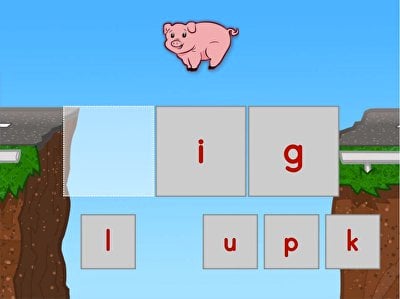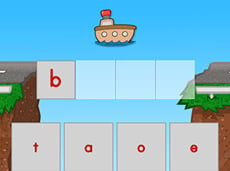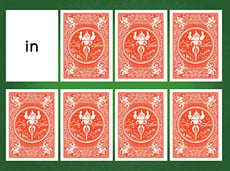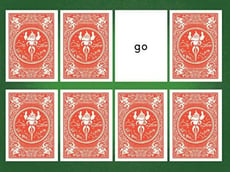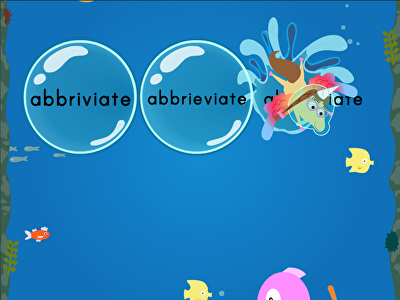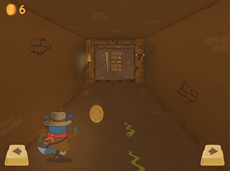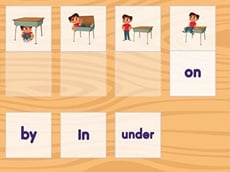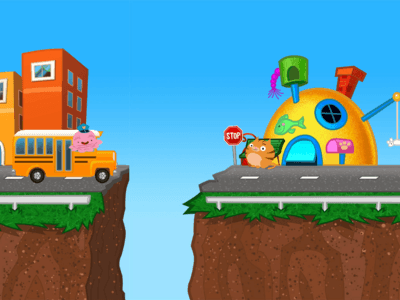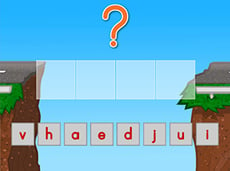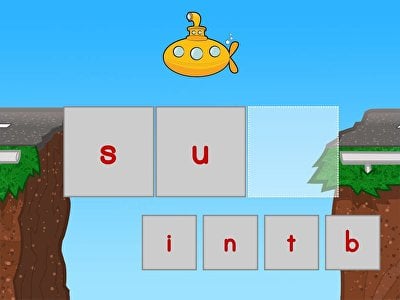Educational Spelling Games
About Educational Spelling Games
On Education.com, educational spelling games provide interactive activities that help children learn and practice spelling, phonics, and vocabulary. These games may take the form of fun platformers, crossword puzzles, word searches, or digital versions of classic favorites like Hangman, Boggle, and Memory Match. By incorporating engaging themes, such as fishing, racing, or dinosaurs, the games keep students entertained while reinforcing essential reading skills. Many platforms offer adjustable difficulty levels and progress tracking to cater to different ages and learning needs.
Educational spelling games on Education.com include PDFs, printable worksheets, online interactive games, and lesson plans that support phonics practice, sight word recognition, and spelling strategies. These resources make fun, educational experiences accessible so parents and teachers can strengthen kids’ foundational literacy skills. The variety of formats ensures learning is engaging, hands-on, and adaptable from Pre-K through elementary grades.
Searching for ways to make spelling learning enjoyable and effective? This page offers plenty of interactive games, printable worksheets, and classroom-ready resources that strengthen literacy through fun challenges. Educators and parents can find materials with adjustable difficulty levels, progress tracking, and practical applications to support early reading development.
Educational spelling games on Education.com include PDFs, printable worksheets, online interactive games, and lesson plans that support phonics practice, sight word recognition, and spelling strategies. These resources make fun, educational experiences accessible so parents and teachers can strengthen kids’ foundational literacy skills. The variety of formats ensures learning is engaging, hands-on, and adaptable from Pre-K through elementary grades.
Searching for ways to make spelling learning enjoyable and effective? This page offers plenty of interactive games, printable worksheets, and classroom-ready resources that strengthen literacy through fun challenges. Educators and parents can find materials with adjustable difficulty levels, progress tracking, and practical applications to support early reading development.









